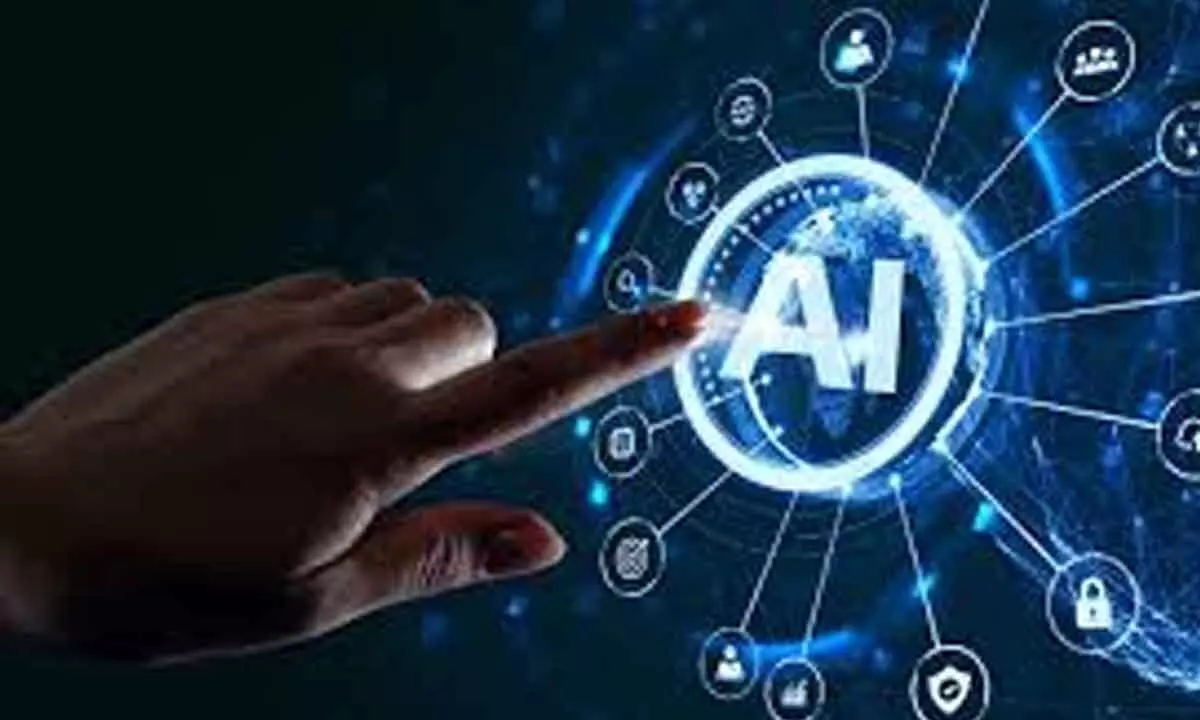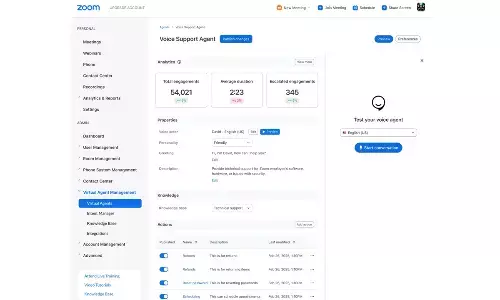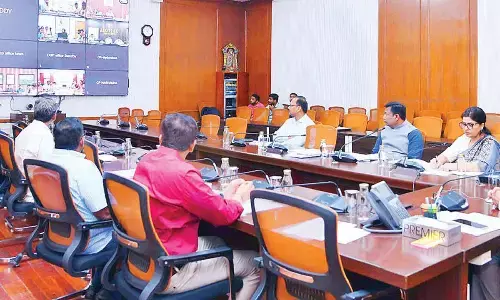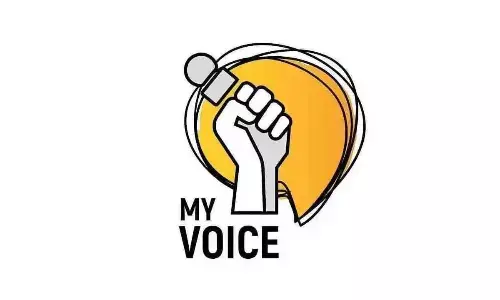Can AI help courts be faster & fairer?

ChatGPT was recently used as part of a judgment in Colombia, sparking a global debate on how artificial intelligence (AI) technologies can and should be used. Immediately questions were also raised in India on this count and many experts and luminaries wondered how it would be to use the technology for dispute redressal in courts here. It was Judge Juan Manuel Padilla Garcia who first used ChatGPT in a court decision, making global headlines. However, those in the legal profession have reported a number of risks associated with AI technologies, particularly when used within workplaces.
And while ChatGPT can be a fantastic tool for those in a number of different roles, it does not appear likely that it will wholly replace lawyers — at least not yet – several opined. Even as the debate was raging in the legal circles, another Judge in India, of the Punjab Haryana High Court, on Tuesday became the first one in India to have used Chat GPT technology (AI) to decide on the bail plea of an accused and it rejected the petition. The bench led by Anoop Chitkara sought the response of Chat GPT while hearing the bail application of an accused arrested in June 2020 for alleged rioting, criminal intimidation, murder and criminal conspiracy. Justice Chitkara assessed the reply received from Chat GPT and rejected the bail plea of the accused on the basis of his experiences and decisions given earlier. The court also made it clear that "Any reference to Chat GPT and any observation made, is only intended to present a broader picture on bail jurisprudence, where cruelty is a factor."
Garcia J, of the First Circuit Court in the city of Cartagena, used the bot when presiding over a case involving an autistic child — and whether that child's insurance should pay for the entirety of his medical expenses and transport costs. The judge asked ChatGPT legal questions, such as "Is an autistic minor exonerated from paying fees for their therapies?" and "Has the jurisprudence of the constitutional court made favourable decisions in similar cases?"according to the judgment. This led to several universities across Australia expressing concerns about the bot being used to cheat within schools, with a recent panel discussion at UNSW emphasising the importance of teaching students to use AI tools "ethically, morally and legally."
But with the bot now being used in court, lawyers' skills need to evolve with AI technology which would take time. The capabilities of AI-enabled technologies are evolving much faster than the institutional and regulatory frameworks within which the justice sector operates — ranging from education to the daily interactions and activities of lawyers and their clients, and even to the operation of the courts.
Some experts feel that, if nothing else, ChatGPt has helped unlock the legal profession's curiosity and excitement about AI and technology. ChatGPT has prompted a conversation that needed to happen, and a timely conversation in light of the more significant advances already promised by GPT4. The role of in-house
counsel is evolving and it's critical to keep up. Technology won't wait for anyone, including the judiciary's verdict on its use. Who knows, tomorrow it could be put to use for quicker dispensation of justice, too. Voila!









